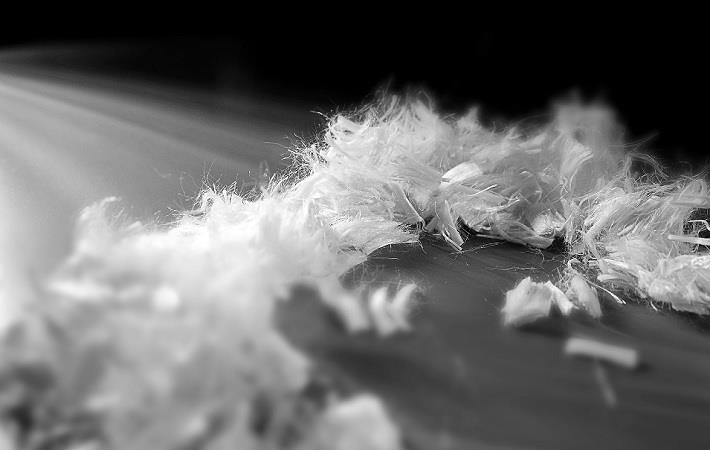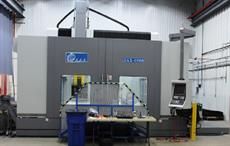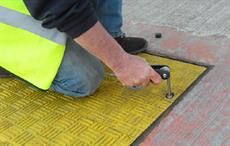The fibre technologist Advansa has launched ADVA MegaBond, the next generation in binding available for the nonwoven market. The company has introduced this revolutionary new product family of binder fibre, perfectly suitable for both wetlaid and dry laid nonwovens. Advansa produces advanced and sustainable polyester fibre technology and brands.
The new fibre polymer is based on amorphous polyethylene terephthalate and can be used with regular polyester fibres to create a strong, self-reinforcing network which is 100 per cent recyclable. The preferred choice for a functional and strong network is regular polyester fibre. A broad range of nonwovens with engineered properties can be created, including thermoformable composites consisting of a single polymer. The processed combination of crystalline and amorphous fibre results in self-reinforcing structures which is triggered by thermal treatment: the end product can be moulded into any shape to fit the technical needs. The technology can replace for example injection moulding, according to Advansa.The fibre technologist Advansa has launched ADVA MegaBond, the next generation in binding available for the nonwoven market. The company has introduced this revolutionary new product family of binder fibre, perfectly suitable for both wetlaid and dry laid nonwovens. Advansa produces advanced and sustainable polyester fibre technology and brands.#
The new type of fibre can also be used for applications such as fine-pored filters. A most simple composition of a functional layer in a complex article, or even the whole final article offers great advantages in recyclability.
Advansa supplies fibres with very low linear density, which, so far, are rarely available on the market: the fibre offering starts with a fine range at 1.6dtex including shortcut version for wet laid processes and crimped staple fibres for dry laid processing. In addition, coarser versions can be produced including post-consumer recycled feedstock and black pigmented material on request. ADVA MegaBond is also suitable for food contact (FDA, BfR, EU 10/2011 compliant), hygiene and medical applications. For thermal bonding, a broad process window between 140°C and more than 220°C can be used, to either form dense, strong and very thermostable structures, or more open, porous products.
Fibre2Fashion News Desk (GK)


